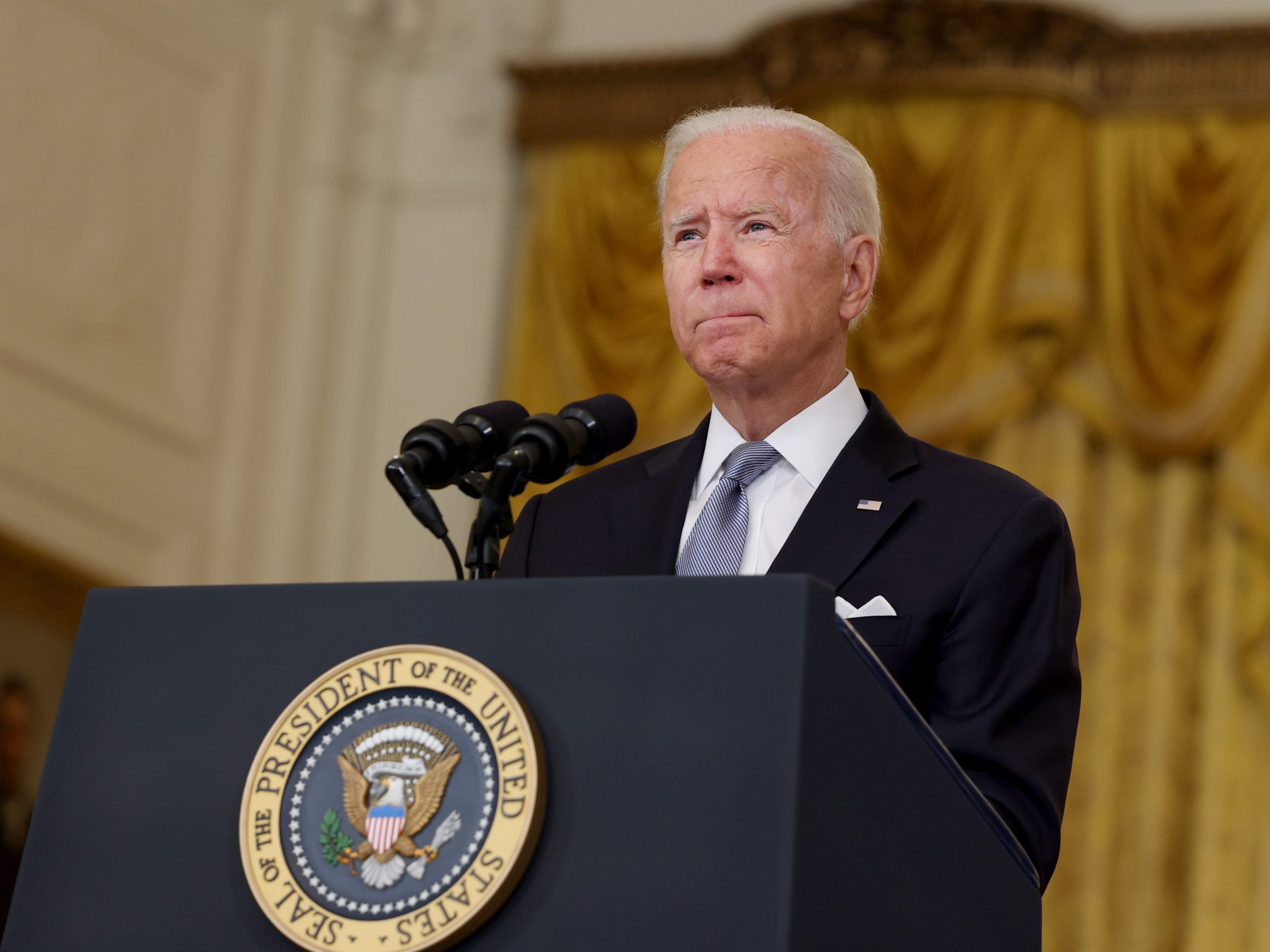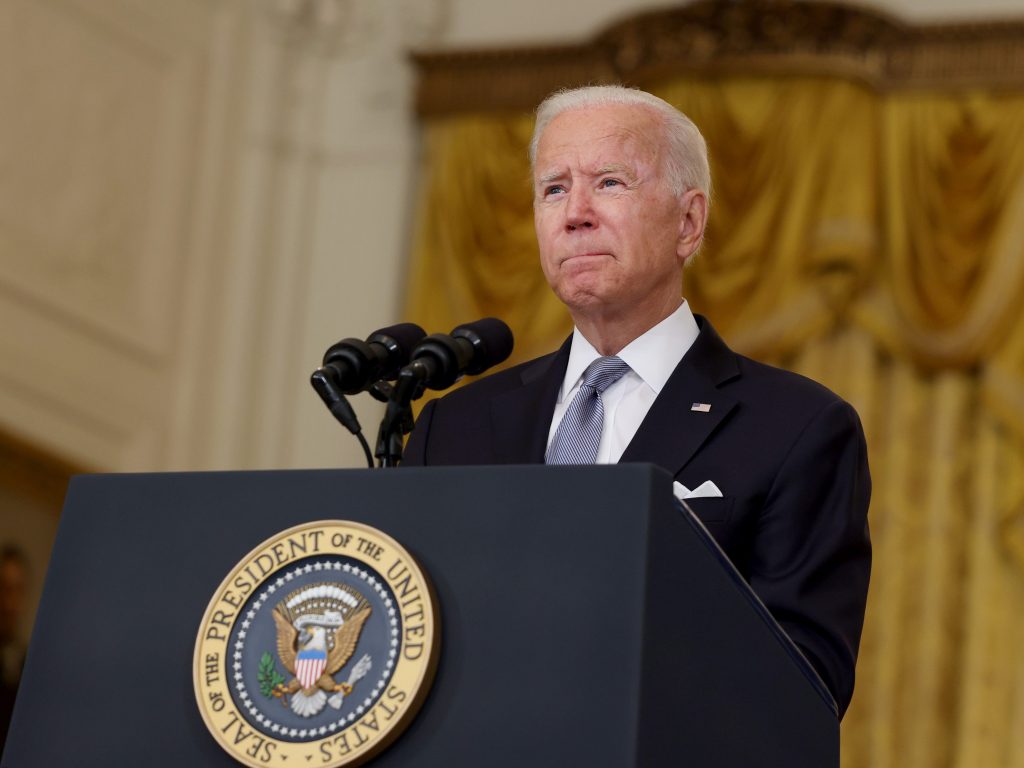
Anna Moneymaker/Getty Images
- Biden tapped 2 more top "bundlers" who contributed at least $100,000 to his campaign for ambassadorships.
- Biden chose Erik Ramanathan for Ambassador to Sweden and Michael Adler for Ambassador to Belgium.
- Presidents often political allies for key diplomatic posts, a practice increasingly under fire.
- See more stories on Insider's business page.
The White House announced on Wednesday that President Joe Biden is nominating two top campaign contributors for ambassadorships in Europe, continuing a long-running practice of presidents appointing political allies to diplomatic posts.
Biden nominated Erik Ramanathan, Chairman of the Board of Directors of Heluna Health, to be US Ambassador to Sweden. The president also announced the nomination of Michael Adler, a Florida real estate developer, to be US Ambassador to Belgium.
Both men make the list of Biden's top campaign "bundlers" – individuals who raised more than $100,000 for the campaign and it's affiliated political committees during the 2020 campaign.
Along with the two top campaign contributors, Biden also announced the nomination of Calvin Smyre, the longest-serving member of the Georgia state legislature and an early ally of Biden's, to be ambassador to the Dominican Republic.
Adler, who also served as national finance chair for Biden's 2008 campaign, told Forward in January that he wanted to be Biden's ambassador to Israel, though that post eventually went to Thomas Nides. "I'm not interested in grabbing power because I can grab it. I'm interested in serving this nation and this president," he said at the time.
Ramanathan was one of several top Democratic bundlers who tried to draft Biden to run for President in the fall of 2015, as eventual 2016 Democratic nominee Hillary Clinton's campaign was already underway. "I want to see this play out. I want Biden in the race," he told the Wall Street Journal that year.
Neither nominee has any formal diplomatic experience.
The practice of nominating big donors and political allies to ambassadorships, while not new, has come under recent scrutiny. Under President Trump, the number of donors appointed to plum ambassadorships soared, with 43.5% of Trump's ambassador picks being political appointees according to the American Foreign Service Association.
In 2020, Elizabeth Warren made eliminating the practice a central part of her plan to "rebuild the State Department."
"As a principle, I strongly disagree with the idea that, if you give money during the campaign, you'll be rewarded with a job later," Michael McFaul, a former US ambassador to Russia, told POLITICO last year. "Most certainly at this moment in time, when morale has been incredibly eroded in the foreign service, it doesn't send the right signal."
